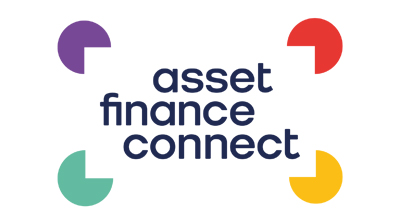These are some of the views expressed by Svein Engh (pictured below), group head and managing director, CIT Maritime Finance, a division of CIT Group.

Engh explained: “The overall maritime sector is experiencing a slow recovery. Although supply-side issues in the dry bulk and tanker sectors are further hampering growth, crude-carriers, which support the production and transportation of gas, are in demand, which is helping fuel the industry as a whole.”
Some factors inhibiting a faster recovery include the glut of ships that came to market over the last few years; the need for companies to be compliant with new regulations regarding clean fuel and the addition of ballast water treatment systems; declining steel production in China; as well as Chinese imports falling and reduced Brazilian iron ore exports.
According to Engh, there are several additional issues impacting the maritime industry, including:
• The largest banks in the sector are becoming more active chasing deals. “This is occurring at the very top tier of the market, which consists of a relatively small number of companies compared to the overall market. In the market tier where we do most of our business, we still have an active and healthy financing market. Pricing has tightened somewhat, but the terms have not changed dramatically. As a result, we’re able to lend low advance rates on high quality assets providing a good return to CIT and its shareholders;”
• US shale production is a potential benefit for tankers. “Despite declining oil prices, the US shale boom has resulted in increased crude exports, rising to 34% in November to 502,000 barrels a day – the most since 1920. Today the US is the 17th largest exporter of crude oil, and with the 114th Congress expected to review legislation that could repeal the ban on crude exports to select markets, an increase in tanker demand may follow;”
• Portfolios are weighing down big banks. “Many banks are still struggling with the portfolios that peaked right before the financial crisis;”
• Regulations are impeding growth. “As a result of pending regulations, many ships may need to be retrofitted, including installation of ballast water treatment systems over the next few years. The costs of these systems remain an unknown, which could impact many operators significantly;” • Private equity reducing investments. “Private equity firms, which filled capital needs gaps for the industry and restructured companies, are reducing their investments in shipping. As a result, banks will have to fill the gaps and provide refinancing;”
• Ship building orders have slowed. “Last year there were new orders for tankers and ships on the dry bulk side. Although orders have now slowed, ship yards will be at capacity fulfilling orders until 2016.”








